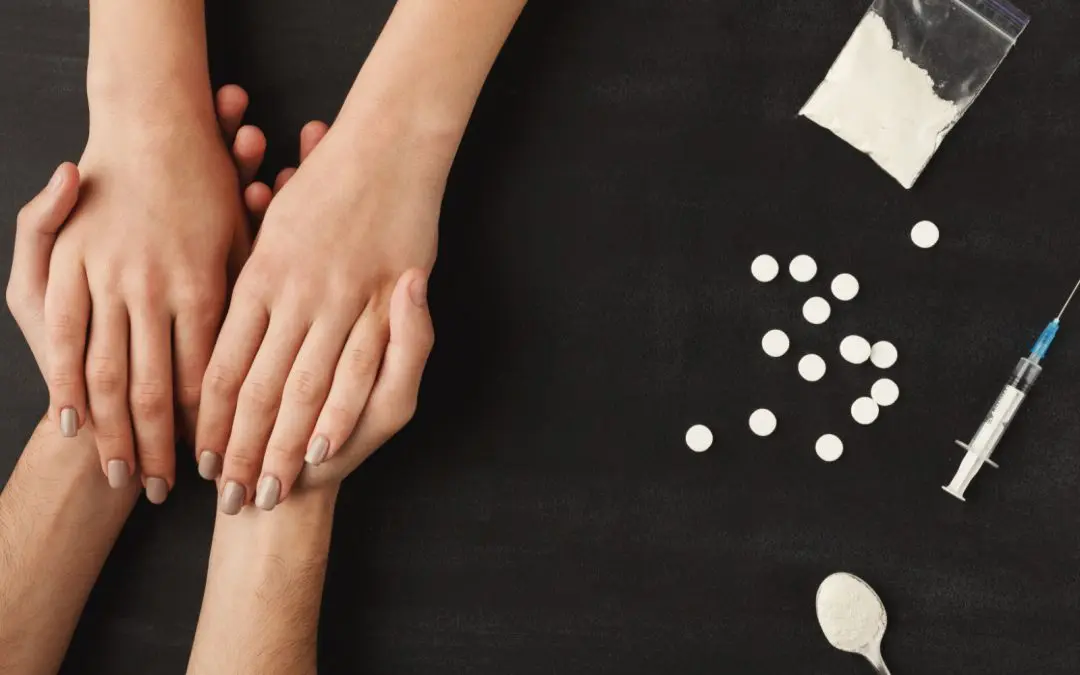24/7 Helpline:
(866) 899-221924/7 Helpline:
(866) 899-2219
Learn more about PTSD Treatment centers in Simla
PTSD Treatment in Other Cities

Other Insurance Options

Optima

Medical Mutual of Ohio

Providence

MHNNet Behavioral Health

American Behavioral

Lucent

Private insurance

MVP Healthcare

Coventry Health Care

Health Choice

Sliding scale payment assistance

Group Health Incorporated

Excellus

UnitedHealth Group

AllWell

BlueCross

Multiplan

ComPsych

Access to Recovery (ATR) Voucher

Optum













































